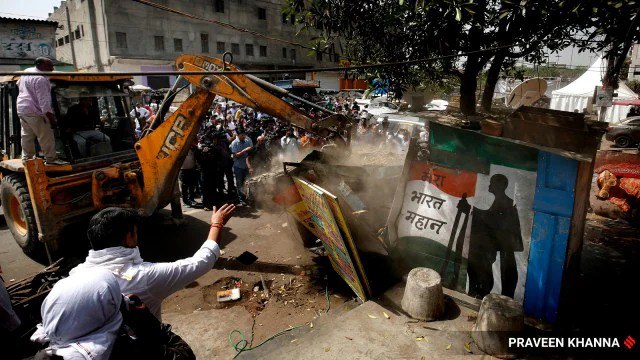The Supreme Court on Tuesday reserved its order on petitions seeking guidelines against demolition norms, and also made it clear that it would not come in the way of the removal of unauthorised constructions and encroachments on public land.
A bench of Justices B R Gavai and K V Viswanathan said, “Whatever we are laying down, we are a secular country. It would be for the whole country.”
“We will clarify demolition can’t be carried out merely because someone is an accused or convict. Also, consider, there should be a narrow window…even before orders for demolition are passed,” said Justice Gavai. “Whether it is a temple or a dargah (on public land), it has to go…public safety is paramount,” added Justice Gavai.
The bench stressed the need for ensuring that notice is issued before action is taken against alleged unauthorised constructions and said the best way would be by sending it by registered post instead of pasting on the premises.
“There has to be valid service of notice through registered AD (Acknowledgement Due). This pasting of notice thing will go. There should be digital record,” said Justice Gavai, adding this will ensure the officers are also safe.
The court said it would also consider giving a window of 10-15 days before the final demolition to allow those affected to make alternate arrangements.
“Once order is passed, you may protect them for 10-15 days…even if court entertains a grievance, question of stay will be decided within one month,” the court said.
Solicitor General Tushar Mehta appearing for the states of Uttar Pradesh, Madhya Pradesh and Rajasthan asked if giving such window to a specify category of cases would not result in amending local laws.
“For example, eviction cases. Let there be judicial oversight. But to give time for particular type of cases, by judicial order may not be the best solution,” he said.
Justice Gavai said, “We are only talking of providing access to remedy already available in law. Encroachment on public streets we are not touching”.




































